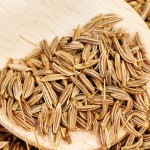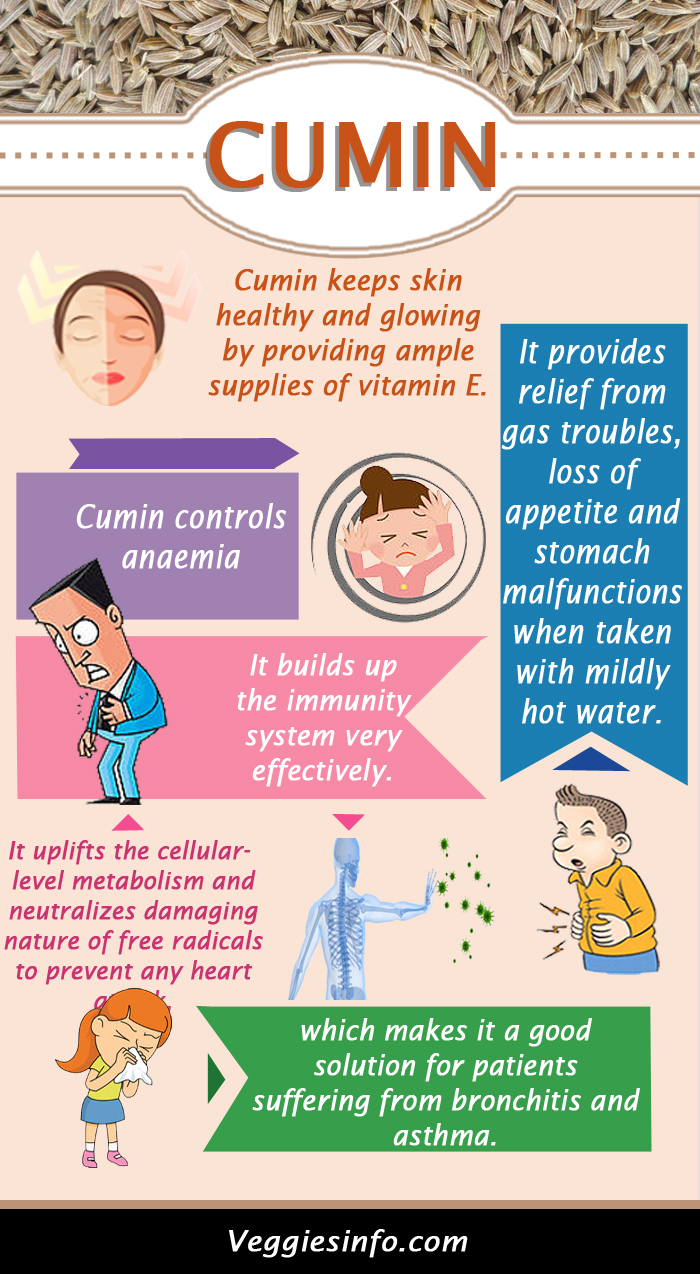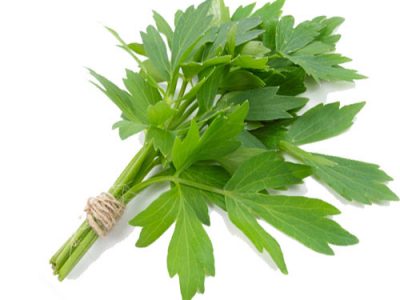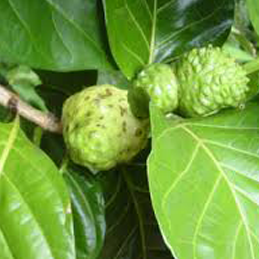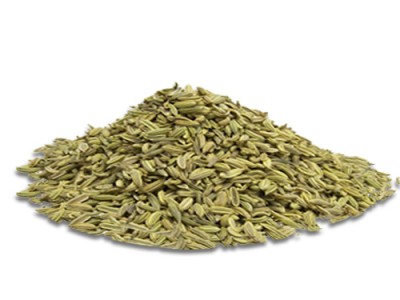
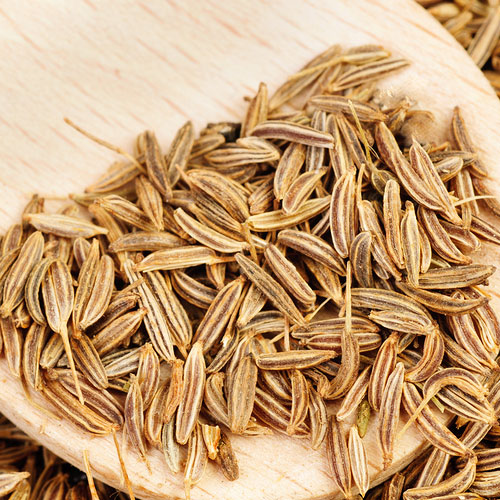
Cumin – Small Seeds With Big Health Benefits!
Cumin – Small Seeds With Big Health Benefits!
These crescent shaped seeds are one of the most popular spices in the entire world. Cumin is well known for its subtle aroma and distinctive flavour. A potent antioxidant with impressive nutritional profile, cumin has a long list of recognized clinical uses. It is the pride of the Indian kitchens and being used in almost every dish. Apart from the culinary use, its medicinal uses are also rewarding. It nourishes the skin and acts as a dietary supplement.
The goodness of cumin is due to its high content of Vitamin E which has much to offer for a healthy skin and body. If this is what you are looking for, then let’s explore its benefits in detail below. You will be stunned after knowing the interesting details about cumin here.
Cumin seed is a small, oval-shaped, yellow-brown seed from the plant Cuminum cyminum and is one of the most popular spices in the world. It has a warm, earthy flavor and a strong, pungent aroma. Cumin is native to the Mediterranean, Middle East, and India, and has been in use for thousands of years. Cumin seed is a very versatile spice, and is used in many cuisines around the world. It is a key ingredient in Mexican, Indian, and North African dishes, and is also used in a variety of Mediterranean dishes. It is an essential part of many curries, chili powders, and spice blends, and can also be used to add flavor to soups, stews, and sauces.
Cumin seed is a rich source of vitamins and minerals, and is high in iron, calcium, and magnesium. It is also a good source of dietary fiber, protein, and antioxidants. In traditional medicine, cumin seed is used to treat indigestion, reduce inflammation, and relieve respiratory disorders. Cumin seed is sold whole, or in ground form. The ground form is more potent than the whole seed, so a little goes a long way. Whole cumin seed should be lightly toasted in a dry skillet before use to bring out the maximum flavor. Ground cumin should be stored in an airtight container in a cool, dry place. It can also be added directly to recipes.
Cumin seed has a strong, pungent flavor that is best when used in moderation. It is an excellent addition to curries, chili powders, and spice blends, and can also be used to add flavor to soups, stews, and sauces. Cumin can also be used to make a flavorful tea, which has been used to treat a variety of ailments. Cumin seed is a popular spice that has been used for centuries in many cuisines around the world. It has a warm, earthy flavor and a strong, pungent aroma, and is a rich source of vitamins and minerals. It can be used in moderation to enhance the flavor of a variety of dishes, and can also be used to make a flavorful tea. Cumin seed is a versatile and flavorful addition to a wide variety of recipes.
Cumin – Its History, Cultivation And Use!
Cumin seeds are an inevitable part of different cuisines. Its scientific name is Cuminum Cyminum. It originally belongs to the land of pyramids – the Egypt. The Egyptians used it as a preservative for mummification. Later on, it was made acquainted to the Romans, Persians and Indians. Presently world’s demand of cumin supply is fulfilled by India. It is basically an herbaceous plant with multiple branches, uniform canopy and flowers are borne in umbels (umbrella-like). These seeds are oblong in shape with ridges. It grows best in mild temperatures. It’s a remedial cure which works best against heart diseases, fever and poor digestion.
Some Worth-Knowing Nutritional Facts About Cumin!
It has many medicinal components like cumin aldehyde, cymene and terpenoids. It is enriched with carbohydrates, sugar, dietary fibre, fats and proteins. Along with these, cumin supplements the need of vitamins and minerals too. Its different aroma is due to the presence of cumin aldehyde.
Cumin is a popular spice that has been used for centuries in many different cultures for both flavor and medicinal purposes. It is an indispensable ingredient in many traditional dishes and is a key flavor in many of the world’s most popular cuisines. Nutritionally, cumin is a powerhouse. It is a rich source of essential vitamins and minerals such as iron, magnesium, phosphorus, potassium, zinc, copper, and manganese. It is also an excellent source of dietary fiber, protein, and essential fatty acids. Additionally, cumin contains a variety of beneficial plant compounds and antioxidants, including thymol and terpenes, which have anti-inflammatory, anti-fungal, anti-bacterial, and anti-viral properties. Cumin is especially high in iron, an essential mineral that plays a key role in red blood cell production and helps transport oxygen throughout the body.
In fact, just one teaspoon of cumin contains 3.2 milligrams of iron, which is approximately 18% of the daily recommended intake for adults. Cumin is also a good source of magnesium, which helps to regulate blood pressure, reduce inflammation, and support healthy muscle and nerve function. Cumin also contains high amounts of dietary fiber. Dietary fiber helps to promote regularity, reduce cholesterol levels, and keep blood sugar levels balanced.
It also helps to reduce hunger and increase satiety, making it an ideal spice for weight-loss programs. Cumin is also an excellent source of plant compounds and antioxidants. Thymol, for example, is a compound that has been shown to fight cancer, reduce inflammation, and improve digestion. Meanwhile, terpenes have anti-microbial properties and may help to reduce the risk of certain diseases. Overall, cumin is an incredibly nutritious spice that can be used to enhance the flavor of many dishes while also providing numerous health benefits. It is an excellent source of essential vitamins and minerals, dietary fiber, and beneficial plant compounds and antioxidants. It can be used to reduce inflammation, improve digestion, and boost the immune system. Cumin can also be used to add flavor to a variety of dishes and can even be used to make a delicious tea.
Here Are Some Fascinating Health Benefits of Cumin!
1. Cumin Supports Digestive Aid:
Cuminaldehyde and thymol present in cumin stimulate and activate digestive glands, saliva production and secretion of digestive acids like hydrochloric acid. It promotes the release of digestive enzymes and speeds up the process of digestion. It provides relief from gas troubles, loss of appetite and stomach malfunctions when taken with mildly hot water.
2. It Cures Respiratory Problems:
Essential oil of cumin acts as a decongestant and disinfectant which makes it a good solution for patients suffering from bronchitis and asthma. It helps in elimination of mucus and phlegm from the respiratory tract and prevents any further infections.
3. Immunity Booster:
As cumin has an abundance of vitamin A and vitamin C, it builds up the immunity system very effectively. Vitamin C which is one of the most powerful antioxidants fights off ill effects of free radicals and oxidative waste in our body. It uplifts the cellular-level metabolism and neutralizes damaging nature of free radicals to prevent any heart attack, blood and cancerous diseases. It is highly chemopreventive in nature.
4. Cumin Controls Anaemia:
Cumin has high deposits of iron, which can easily fulfil the daily requirement of iron of the lactating women. Iron is the main constituent of haemoglobin, which promotes the functions of RBC’s like transportation of oxygen to all the cells of the body. It also prevents side effects of anaemia like fatigue, headache, lethargy, low stamina, insomnia and weakness.
Cumin also has anti-inflammatory properties, which can help reduce inflammation in the body that may be contributing to anaemia. Additionally, cumin has antioxidant properties that can help protect red blood cells from damage caused by free radicals. Finally, cumin is also a good source of dietary fibre, which can help improve digestion and absorption of nutrients. This in turn can help the body to better absorb the iron and other vitamins and minerals that help to prevent anaemia. In conclusion, cumin is a great natural remedy for anaemia due to its high levels of iron, Vitamin B12, Vitamin C, anti-inflammatory properties, and dietary fibre. Regular consumption of cumin can help to increase the body’s iron stores, reduce inflammation, and improve digestion and absorption of nutrients. All of these benefits can help to improve and prevent anaemia.
5. Cumin Nourishes Skin:
Cumin keeps skin healthy and glowing by providing ample supplies of vitamin E. It prevents premature ageing and sagging of skin by giving proper nourishment to it. Vitamin E destroys unwanted toxic build up which harms skin tissues. Cumin being a great disinfectant and antifungal agent, banishes various skin ailments. A half teaspoon of cumin with a hot cup of water in the morning does wonders for the skin.
When applied topically, the antioxidants in cumin can help to protect the skin from free radicals and environmental damage. The fatty acids found in cumin can help to keep skin hydrated, soft and supple. These same fatty acids can also help to reduce inflammation and irritation, making it a great choice for those with sensitive skin. Cumin also contains compounds known as phytochemicals that have antibacterial and antifungal properties. This can be beneficial for those suffering from various skin conditions, such as acne. Applying cumin topically can help to reduce the bacteria and fungi that cause these skin issues, while also providing nourishment and hydration. Cumin is also rich in minerals like zinc, iron, and magnesium. These minerals can help to strengthen the skin and promote healing. Zinc, in particular, is important for healthy skin, as it helps to regulate oil production and keep pores clear. Finally, cumin is loaded with vitamins and antioxidants that can help to protect the skin from sun damage and other environmental stressors.
The vitamin C in cumin helps to promote collagen production, which can help to reduce the appearance of wrinkles and fine lines. In short, cumin is a powerhouse for skin health. Its nutrient-rich properties can help to nourish, protect, and heal the skin. Whether it’s used in your cooking or applied topically, cumin is an excellent choice for keeping skin healthy and radiant.
Conclusion
This is an easily available and inexpensive spice with tons of advantages. It’s very important to maintain all over health. Its consumption can give some seriously good results and make you feel better. Therefore, it should be positioned high in dietary supplements. Its regular use will promise you a good health and a perfect care for your skin. You have always dreamed of having a baby-like skin in your adult age, well cumin will make that happen for you.The results of the study indicate that curcumin seed extract is effective in treating inflammation, improving cognitive functioning, and reducing symptoms of depression. Additionally, it may also help in reducing the risk of certain types of cancer, cardiovascular disease, and diabetes. Furthermore, the antioxidant and anti-inflammatory properties of curcumin make it a promising agent for the prevention and treatment of various types of diseases. These findings suggest that curcumin seed extract could be a beneficial supplement to include in a health-promoting diet and lifestyle.

